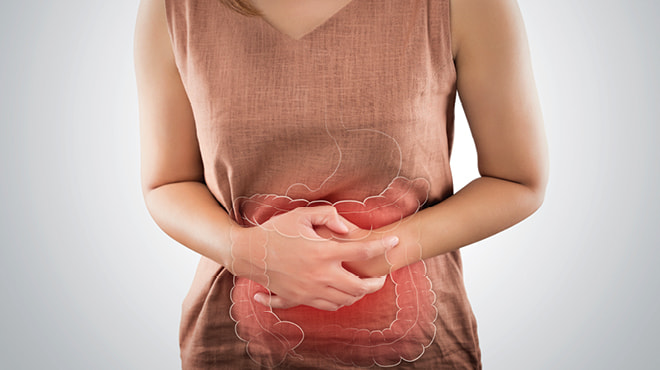

Colorectal cancer, otherwise known as colon cancer, is the third leading cause of cancer-related deaths in Jamaica. Colorectal cancer is a disease in which the cells in the colon or rectum grow out of control.
According to a report from the Jamaica Cancer Society, Jamaica recorded 642 new cases of colon cancer in 2018 while 373 persons died from the disease.
It was also established that there are several risk factors that contribute to colon cancer such as age, diet, family history, ethnicity and smoking. While it is important to understand the risk factors of colon cancer, it is equally important to note the signs and symptoms that are associated with cancer to aid in early detection and treatment.
Signs and symptoms

- Weight loss
- Blood in stool
- Change in bowel habits such as diarrhoea or constipation
- Cramping or abdominal pain
- Loss of appetite
- Unexplained anaemia and low blood count
While these are common signs and symptoms of colon cancer, there are cases where patients diagnosed with colon cancer do not show any signs and symptoms. As such, physicians recommend that individuals do not wait until they actually see signs of cancer to get screened.
Screening
According to the US Centers for Disease Control and Prevention (CDC), regular screening at the age of 45 is vital to preventing colorectal cancer and finding it early. It is also recommended that individuals with good health and a life expectancy of more than ten years should be once every ten years after they turn 50 years old.
Likewise, it is highly recommended that persons who have lost a family member to colon cancer get screened from an early age to detect the cancer and aid in diagnosis. Colon cancer is one of the cancers that can be easily treated if detected from an early stage.

A common screening method employed by doctors is colonoscopy, a procedure that looks inside the rectum and colon (large intestine) for polyps or any abnormalities that may be cancerous to aid in the diagnosis of the cancer.
Other tests include faecal immunochemical tests which check for blood in the stool and visual structural exams which uses x-ray imaging to look for to identify abnormalities in the rectum and colon.
Colon cancer survivors can lead a normal life if the cancer is detected early, therefore it is important to take note of the warning signs and seek medical assistance if you suspect that you or a family member may have colon cancer.







Comments